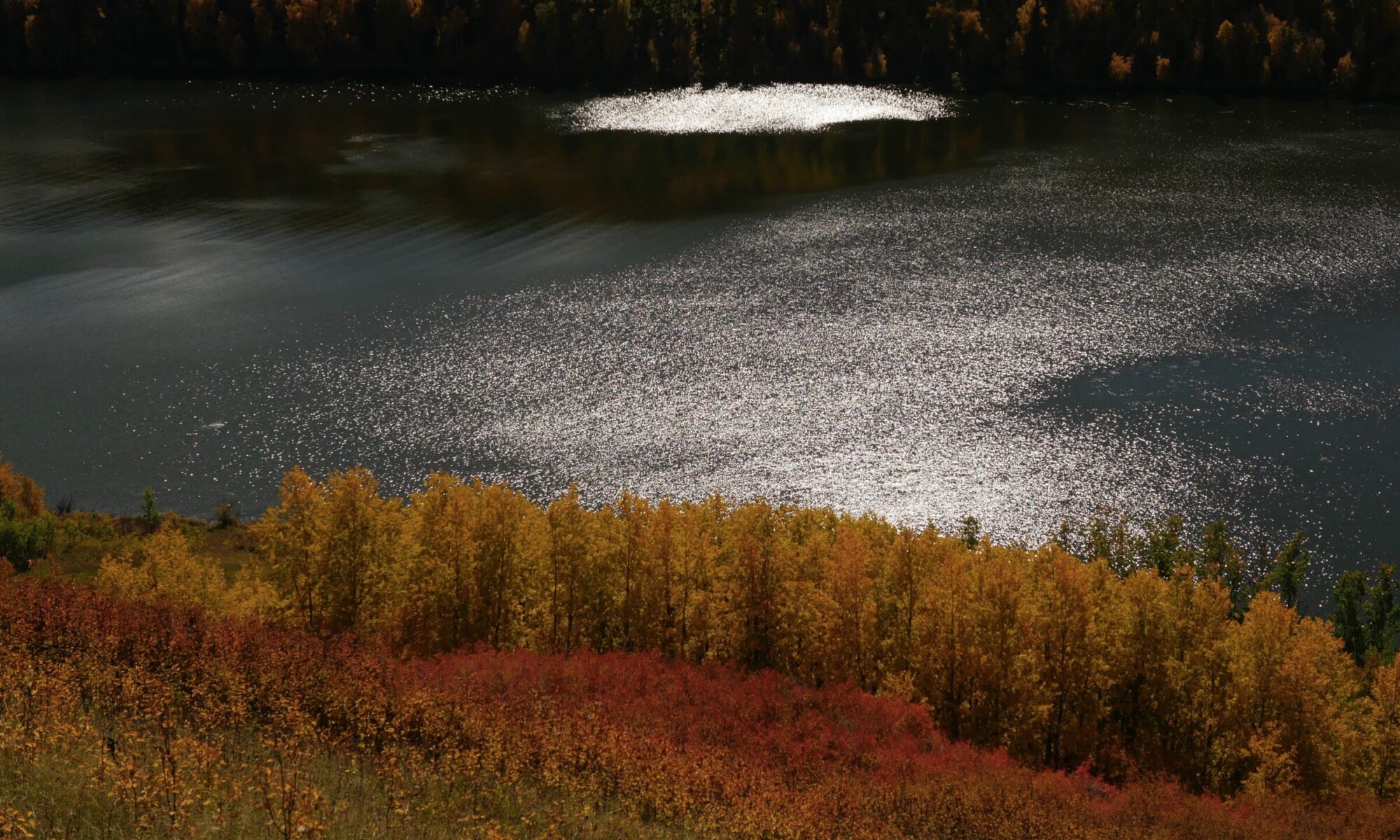The ‘personal is political’ is an empowering statement that allows us to reflect on our daily actions and see how they have an effect on the greater whole. Individual lifestyle changes can most certainly lead to a fuller and more engaged life. Every time you consume or participate in modern life, you are making choices not only for yourself, but for the planet. Whether you decide to walk or drive to work or whether you choose to buy organic or support your local farmer’s markets… these are all ways in which we can peacefully protest against the current paradigm of mass consumption. Recycling, up-cycling, reducing and re-using items not only gives our ‘waste’ a new purpose, but we can find joy in expressing our creativity by making our own clothes, gifts, candles, jams, etc. Shout out to Leah who makes her own super cute clothes out of old fabrics that would otherwise be thrown away. You rock! <3
We can discover new things about ourselves through these creative processes, it doesn’t have to be a chore. Being kind to yourself and to the earth is one in the same. Over the past few months I have transformed my life slowly and found a way to make a difference that works for me. I did plenty of research into the ingredients of my common house-hold products and beauty products and have replaced many things with natural alternatives. In the Spirituality & Globalization class, my little group made our own toothpaste and ever since then I was like wow, what else I can make? Turns out; pretty much everything! Body wash, deodorant, laundry detergent, etc. These personal choices I’ve made by switching to a chemical-free lifestyle has not only made me feel better, healthier, and more vibrant, but I know that i’m doing the earth a favor by no longer buying plastic shampoo bottles and washing poisonous sulfates down the drain. & By choosing to live a vegan lifestyle, and buy organic, non-GMO foods I’m giving a big middle-finger to the large corporations that are destroying and degrading this beautiful earth as well as contributing to rising cancer rates among people and factory farms that mistreat and abuse animals severely.
I’m certainly not a saint, I have much to learn and still a lot I need to work on, but small changes like this can certainly improve one’s well-being. By having the opportunity to engage in conversations pertaining to these issues is empowering as well, knowing that we’re not alone and we all are striving for a better quality of life for us, our neighbors, and future inhabitants of the earth. We are responsible today not only for what we do but for what we don’t do. So thank you class & presenters for your continuous inspiration and insights, I need you guys, you make my life better and give me hope.

